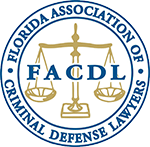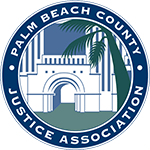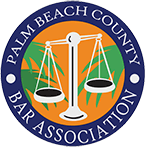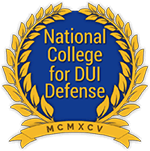If you've ever been driving in Florida and suddenly encountered a line of police officers stopping vehicles, you've likely experienced a DUI checkpoint. These checkpoints, while potentially inconvenient, serve as a tool for law enforcement to identify impaired drivers. But are these checkpoints actually legal in Florida? The short answer is yes – but there are strict protocols and procedures that must be followed to ensure their validity. Our Florida criminal defense lawyer explains more below.
Table of Contents
What Makes DUI Checkpoints Legal in Florida?

Detailed Advanced Planning
Every DUI checkpoint must have a comprehensive written plan that includes:
- Specific date and time of operation
- Exact location of the checkpoint
- Duration of the operation
- Detailed procedures for stopping vehicles
- Names of all participating officers and agencies
Systematic Vehicle Selection
One of the most critical aspects of a legal DUI checkpoint is the method used to stop vehicles. Officers cannot randomly select which vehicles to stop. Instead, they must follow a predetermined, consistent pattern, such as:
- Stopping every third vehicle
- Stopping groups of four vehicles at a time
- Using any other consistent, non-discriminatory pattern
What to Do if You're Stopped at a DUI Checkpoint
If you encounter a DUI checkpoint in Florida, knowing your rights and responsibilities can help you navigate the situation properly:
Your Requirements:
- Provide your driver's license, registration, and insurance
- Remain in your vehicle unless instructed otherwise
- Keep your window lowered enough to communicate with officers
- Comply with basic lawful orders
Your Rights:
- You can decline to answer questions about where you're coming from or going
- You're not required to admit or deny drinking
- You can remain silent beyond providing required documentation
- You can refuse to consent to a search of your vehicle
What to Avoid at DUI Checkpoints
Several actions can create suspicion or lead to additional legal troubles at checkpoints:
- Don't attempt to turn around or exit the checkpoint line once you're in it
- Avoid driving over traffic cones or checkpoint barriers
- Don't refuse to stop when directed
- Never provide false information to law enforcement
Consequences of DUI Checkpoint Violations
If you're found to be under the influence at a checkpoint, you face the same serious consequences as any other DUI arrest in Florida, including:
- Potential jail time
- Heavy fines
- License suspension
- Mandatory DUI education programs
- Installation of an ignition interlock device
- Criminal record implications
How to Avoid DUI Checkpoint Issues
The best way to handle DUI checkpoints is to avoid putting yourself in a compromising position:
- Use ride-sharing services like Uber or Lyft if you plan to drink
- Designate a sober driver
- Call a taxi or friend for a ride
- Stay where you are if you've been drinking
Contact an Experienced Palm Beach Gardens DUI Defense Attorney
The Law Offices of Matthew Konecky has extensive experience defending clients arrested at DUI checkpoints throughout Palm Beach and Broward Counties. If you're facing charges from a DUI checkpoint arrest, contact us or call (561) 671-5995 to schedule a consultation.
For more information about DUIs, download our FREE guide, “What You Must Know About Your DUI Case Before You Do Anything: Attacking DUI Myths That Will Hurt Your Case,” to get more information about DUI arrests right now.














